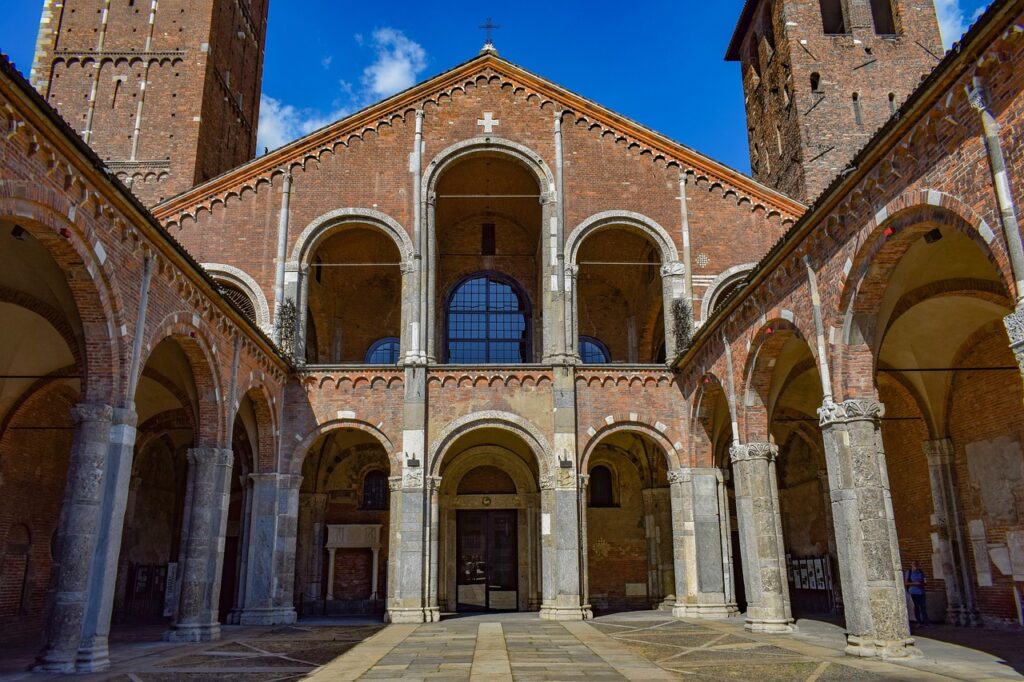“‘Cannibalism’ and ‘human sacrifice’ were charges often whispered against the first generations of Christians… it’s easy to see how the pagans misunderstood. In the early Church, only the baptized were permitted to attend the sacraments, and Christians were discouraged from even discussing these central mysteries with non-Christians. So the pagan imagination was left to run wild, fueled by small scraps of fact: ‘this is My body… this is the cup of My blood’ … The pagans knew that to be a Christian was to participate in some strange and secretive rites”
Dr. Scott Hahn – The Lamb’s Supper

The Knowledge Gap
You can’t blame the pagans for having such wildly inaccurate ideas about Christian worship as Dr. Hahn describes. Christianity was still a minority group, and the majority of the population likely didn’t consider it important enough to give much thought. They aren’t too different from us – after all, can you say you know the worship practices of Manichaeans, Sikhs, or Zoroastrians? Through no fault of their own, the pagans were theologically illiterate with regard to Christianity, and thus many of them held false beliefs about it. Unfortunately, this lack of understanding directly translated into violence and bias against early Christians.
Today, Christianity is the world’s most followed religion. In the West, you’d be hard-pressed to find someone who has never heard of the Bible and the name of Jesus Christ. However, it seems that theological illiteracy persists. Anecdotally, I know many Catholics who don’t know that the Immaculate Conception refers to the conception of Mary, not Jesus. I know even more Protestants who don’t understand the concepts of Sola Fide, Sola Scriptura, and the like. Christians of all flavors may be well-versed in the stories of their religion, but lack basic knowledge of their theological foundations and what distinguishes them from Christians of other denominations. If Christians themselves cannot explain their own theology, imagine what misconceptions are held by others. This is a serious issue – just like the pagans, many modern individuals hold objectively false, negative beliefs about Christianity simply because they don’t understand theology.
While the “cannibal cult” accusations may not be common these days, how many times have you heard (or seen online) “Christianity is anti-science”, “Catholics are idol worshippers/Mary worshippers/Saint worshippers/devil worshippers!!”, “This Bible verse proves Christianity is oppressive”… the list of accusations and misunderstandings is quite long.
To any readers who holds one of these positions